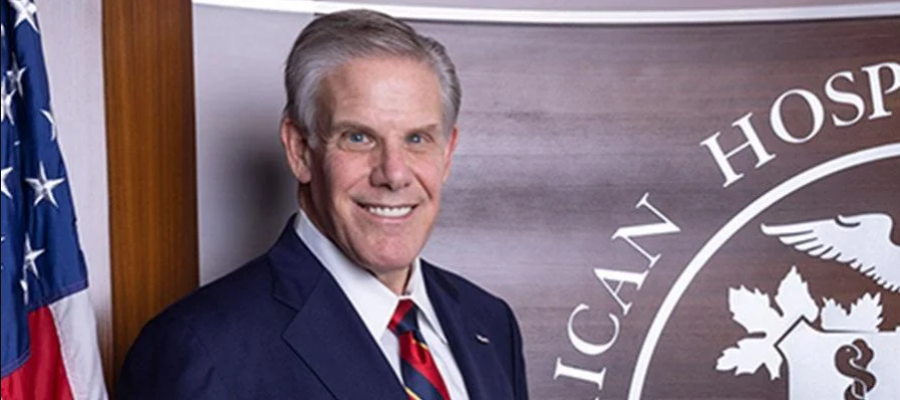Exempting Health Care Personnel from H-1B Visa Fees Is Good for Patients and Providers

A highly qualified and engaged workforce is at the heart of America’s health care system. Yet the U.S. faces significant shortages of health care workers critical to ensuring access to quality care. The need for qualified clinicians will only increase: we know that an aging population will require more health care in the years ahead.
Data from the Health Resources and Services Administration’s 2024 “State of the U.S. Health Care Workforce” predicts a shortage of 187,130 full-time equivalent physicians by 2037, with rural or non-metro areas experiencing greater shortages than other parts of the country. A separate study anticipates by 2037 a 6% shortage of registered nurses nationwide with a 13% shortage in non-metro areas.
Everyone requires health care services throughout their lives, not only to maintain their health but also in the event of illness or injury. Growing a strong, robust and qualified health care workforce is in everyone’s interest — both now and for the future.
That’s why the AHA has urged that the health care workforce be exempted from President Trump’s Sept. 19 proclamation, “Restriction on Entry of Certain Nonimmigrant Workers,” which would raise the application fee for new H-1B visas to $100,000. Given the staffing and financial challenges our hospitals are already facing, the increased petition fees would likely prevent many of them from continuing to recruit essential health care staff and could force a reduction in the services they are able to provide.
While the U.S. must do more to invest in training the next generation of health care workers, we believe that recruiting qualified foreign-trained medical professionals is an effective short-term approach that is vital to ensuring access to care in communities across the country.
AHA has strongly supported progress on both fronts, endorsing efforts that include increasing the number of residency slots eligible for Medicare funding while rejecting cuts to Medicare graduate medical education and pushing for the continuation of visa waivers for physicians in medically underserved areas. In addition, the AHA supports the Healthcare Workforce Resilience Act, bipartisan legislation that would recapture unused visas for foreign-trained doctors and nurses.
Hospitals and health systems employ thousands of H-1B visa holders, who are in specialty professions requiring a bachelor’s degree or higher, throughout the nation. Of the almost 400,000 H-1B petitions approved in fiscal year 2024, 16,937 of those, or 4.2% of the total filed petitions, were for medical and health occupations, and half of those approved petitions were for physicians and surgeons.
Foreign-trained clinicians do not displace American workers. Instead, they play critical roles in ensuring the health of the communities our hospitals serve. They are highly qualified and must meet our nation’s standards for education, English fluency and state licensure.
Without exemptions from the new visa fee our hospitals will find it difficult to recruit foreign-trained physicians, nurses, therapists, pharmacists, clinical lab experts and other health care workers for their facilities. This constraint will be felt most by our rural and underserved communities, which already face challenges in hiring and retaining staff to serve their patients.
The doctors and other medical professionals who are H-1B visa holders serve the nation’s patients, hospitals and health systems with great dedication and skill. The AHA will continue to work to support this pipeline of needed future talent that helps advance health in America.
